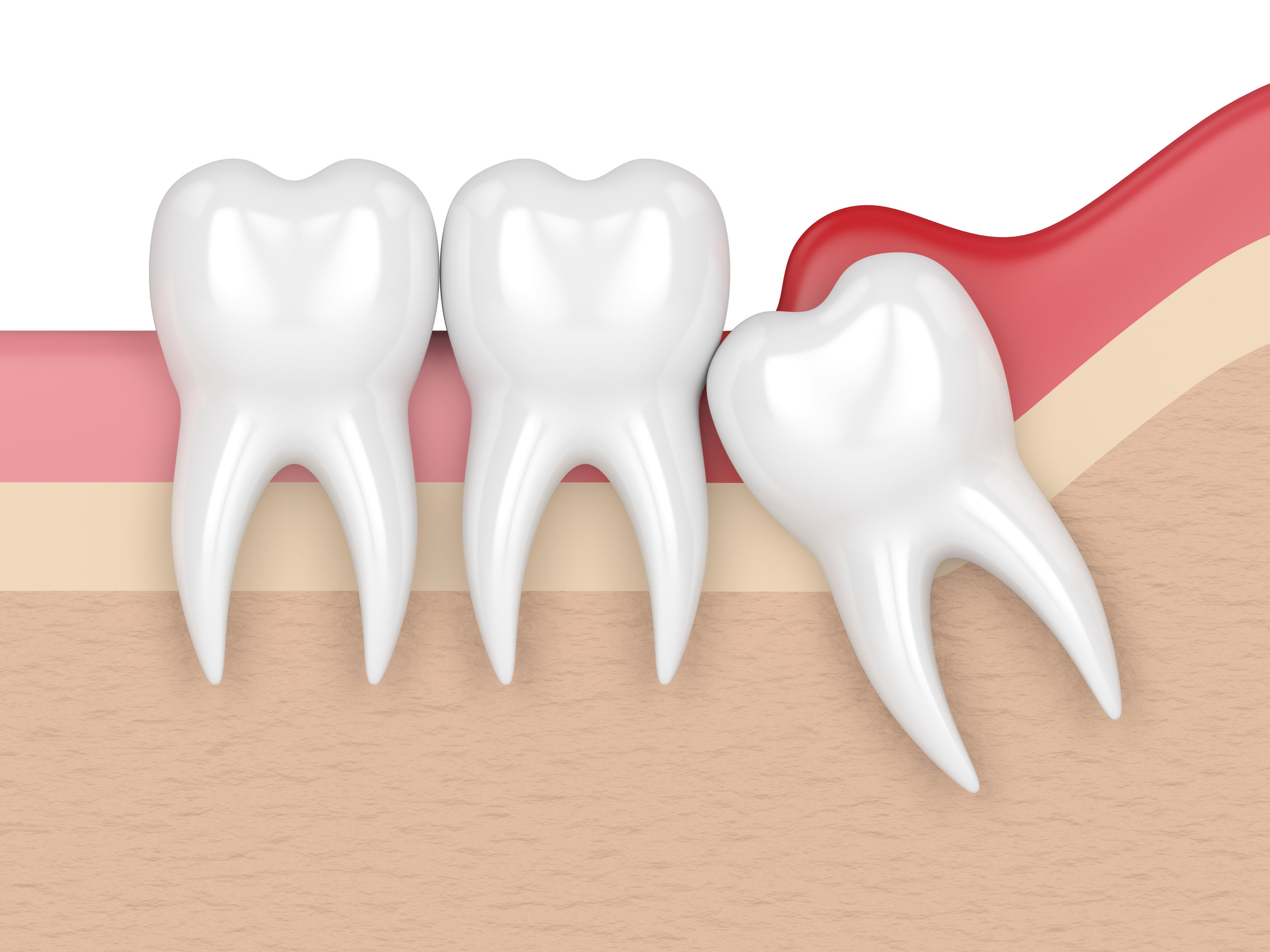How long does wisdom tooth pain? last Wisdom tooth pain can be excruciating, affecting your daily life and leaving you desperately searching for a dentist office near you. The discomfort and agony can last for days or even weeks, but understanding the factors that contribute to the duration of wisdom tooth pain is essential to find effective relief. In this article, we will explore the various factors that influence the duration of wisdom tooth pain and guide you in finding a trusted dentist office near you for prompt and professional care.
Understanding Wisdom Tooth Pain
Wisdom teeth, also known as third molars, typically emerge between the ages of 17 and 25. These late-blooming teeth often create complications due to their location at the back of the mouth. Wisdom tooth pain is commonly associated with their eruption, which can be quite uncomfortable. The intensity and duration of this pain can vary from person to person.
Factors Influencing Wisdom Tooth Pain Duration
Eruption Stage:
The stage at which your wisdom teeth are in their eruption process significantly affects the duration of pain. If your wisdom teeth have partially erupted, it may take longer to resolve the discomfort as opposed to fully erupted teeth. Partially erupted wisdom teeth are prone to infections, gum inflammation, and impaction, which can lead to prolonged pain.
Impaction:
Wisdom teeth are often impacted, meaning they do not have enough room to grow properly. Impaction can cause intense pain that lasts longer. It occurs when the wisdom tooth is trapped beneath the gum line or against neighboring teeth, leading to inflammation, pressure, and discomfort.
Infection:
Infections are a common complication associated with wisdom teeth. When bacteria enter the space around the partially erupted tooth or the gum flap covering it, it can lead to severe pain and swelling. Wisdom tooth infections can prolong the duration of discomfort until properly treated by a dentist.
Oral Hygiene:
Good oral hygiene can play a significant role in the duration of wisdom tooth pain. If you maintain a clean mouth by regularly brushing, flossing, and using an antiseptic mouthwash, you can minimize the risk of infection and the associated pain. Neglecting oral hygiene can lead to more extended periods of discomfort.
Genetics:
The genetic factor cannot be overlooked when considering the duration of wisdom tooth pain. Some individuals may experience shorter bouts of pain due to their genetics, while others might endure prolonged discomfort. It’s essential to recognize that everyone’s experience with wisdom tooth pain is unique.
Age:
The age at which your wisdom teeth start to emerge can influence how long the pain lasts. Younger individuals may experience shorter durations of pain as their wisdom teeth tend to erupt more smoothly. However, older individuals might endure more extended periods of pain due to complications arising from the eruption.
Dental Alignment:
The alignment of your existing teeth can also impact the duration of wisdom tooth pain. If your wisdom teeth exert pressure on surrounding teeth, it can lead to prolonged pain. Misalignment can also affect the ease of extraction, which might be necessary to alleviate the discomfort.
How To Find A Dentist Office Near You
When faced with persistent wisdom tooth pain, finding a reliable dentist office near you is crucial. Here are some steps to help you locate a dental professional who can provide the necessary care:
Online Search:
Perform a quick online search using the keywords “dentist office near me.” Search engines will provide you with a list of dental clinics in your vicinity. You can then further refine your search by checking the reviews and ratings to ensure you choose a reputable clinic.
Ask for Recommendations:
Seek recommendations from friends, family, or colleagues who have had their wisdom teeth treated. Personal experiences and referrals can help you find a dentist office known for providing quality care.
Check with Your Insurance:
If you have dental insurance, check with your provider to see if they have a list of approved dental offices in your area. This can help you find a dentist office that is covered by your insurance plan, reducing your out-of-pocket expenses.
Contact Local Dental Associations:
Get in touch with your local or state dental associations. They can provide you with a list of licensed and qualified dental professionals in your area. This is a reliable way to find a reputable dentist office.
Consult Your General Dentist:
If you have a general dentist, they can recommend you to a trusted oral surgeon or specialist to address your wisdom tooth pain. Dentists often have a network of specialists they work with for referrals.
Treatment Options For Wisdom Tooth Pain
Once you’ve located a dentist office near you, it’s essential to understand the treatment options available for wisdom tooth pain:
Evaluation:
The first step is a thorough examination by the dentist to assess the condition of your wisdom teeth. X-rays may be taken to determine their position, alignment, and potential complications.
Pain Management:
The dentist will prescribe pain medications to alleviate your discomfort while treatment options are considered. Over-the-counter pain relievers, such as ibuprofen, can help reduce pain and inflammation.
Antibiotics:
In cases of infection, your dentist may prescribe antibiotics to eliminate the source of the infection. It’s essential to complete the full course of antibiotics as prescribed.
Extraction:
If your wisdom teeth are causing persistent pain, impaction, or other complications, the most common solution is extraction. Your dentist or oral surgeon will discuss the procedure with you and ensure that you are comfortable during the process.
Wisdom Tooth Removal:
The dentist will administer local anesthesia to numb the affected area before removing the wisdom tooth. In more complex cases, general anesthesia might be used to ensure the patient’s comfort. Once the tooth is removed, the area is sutured, and post-operative care instructions are provided.
Post-Operative Care:
After wisdom tooth extraction, you’ll need to follow post-operative care instructions diligently. This includes keeping the surgical site clean, eating soft foods, and avoiding certain activities to promote proper healing.
Recovery Time
The recovery time after wisdom tooth extraction varies from person to person. In most cases, the initial discomfort and pain should subside within a few days. Swelling and bruising may also occur but tend to improve within a week. Complete healing of the extraction site may take a few weeks to a few months.
Conclusion
Wisdom tooth pain can be a source of significant discomfort, but its duration depends on various factors. It’s essential to understand the specific cause of your pain to determine the most suitable treatment. Finding a trusted dentist office near you is the first step in addressing your wisdom tooth pain effectively. Remember that professional dental care is crucial to ensure a swift and comfortable recovery from wisdom tooth-related issues. Don’t hesitate to seek help from a dental professional to put an end to your wisdom tooth pain and regain your oral health and well-being.





